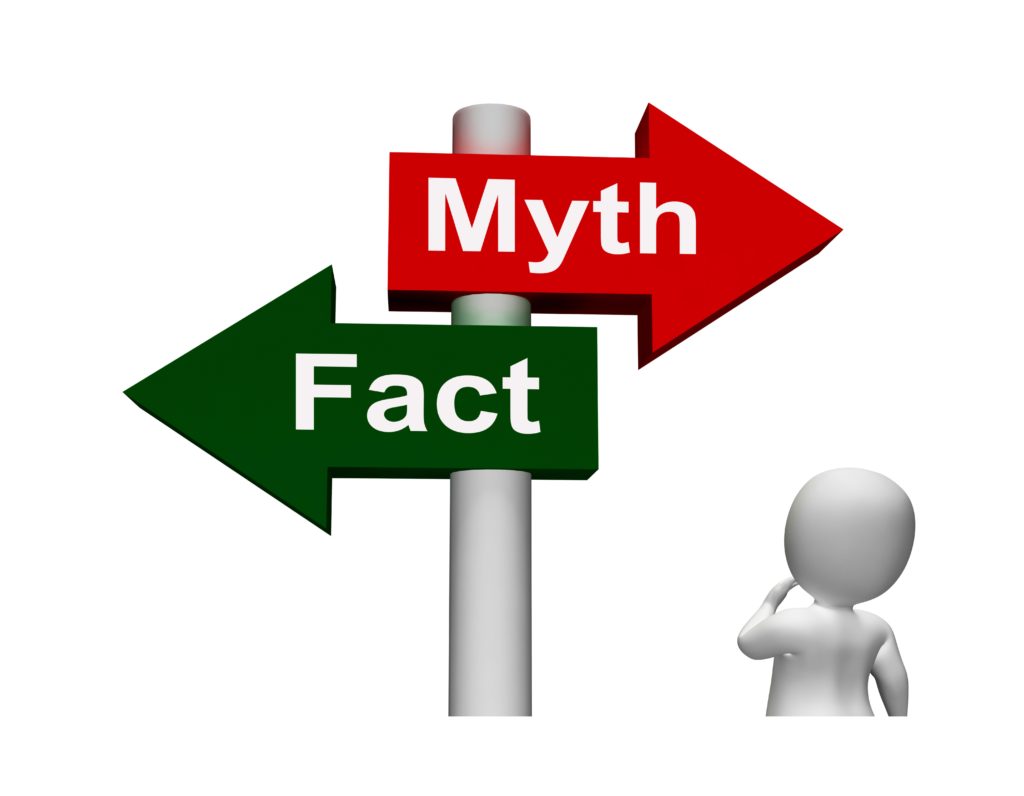
Recycling is a crucial practice for environmental sustainability, but there are many misconceptions surrounding it. Here are five common myths about recycling that need to be debunked:
Myth 1: If it has the recycling symbol, it’s recyclable.
Fact: The recycling symbol indicates the type of plastic, not its recyclability. Many plastics, even those with the symbol, aren’t accepted by all recycling facilities. Check with your local recycling program to confirm what materials they accept.
Myth 2: Paper with food stains can’t be recycled.
Fact: While heavily food-soiled paper is difficult to recycle, lightly soiled paper can often be processed. It’s best to try to remove excess food before recycling.
Myth 3: Recycling is always better than throwing something away.
Fact: While recycling is beneficial, it’s important to recycle correctly. Incorrectly recycled items can contaminate recycling streams, making it harder to process and potentially leading to more waste.
Myth 4: All plastic is recyclable.
Fact: Different types of plastic have varying recyclability. While some plastics, like water bottles and milk jugs, are widely recyclable, others, like plastic bags and polystyrene, are often not.
Myth 5: Recycling takes more energy than it saves.
Fact: While the recycling process does require energy, it generally uses less energy than producing new materials from raw resources. Recycling conserves natural resources and reduces greenhouse gas emissions.
To ensure you’re recycling effectively, always check with your local recycling program for specific guidelines. By understanding these common myths and recycling correctly, you can make a significant positive impact on the environment.

Contact us
info@wecareinter.com
Reach out to us on Social Media
Copyright © 2024. All rights reserved.